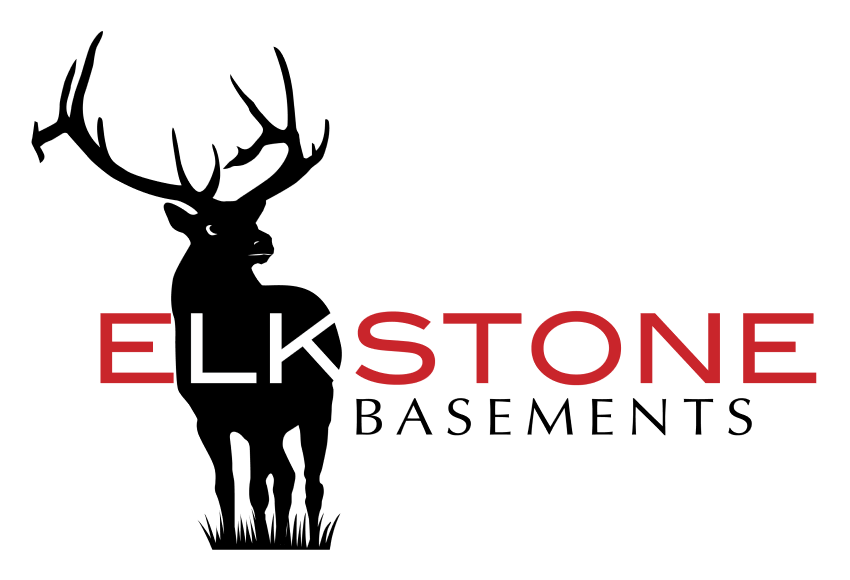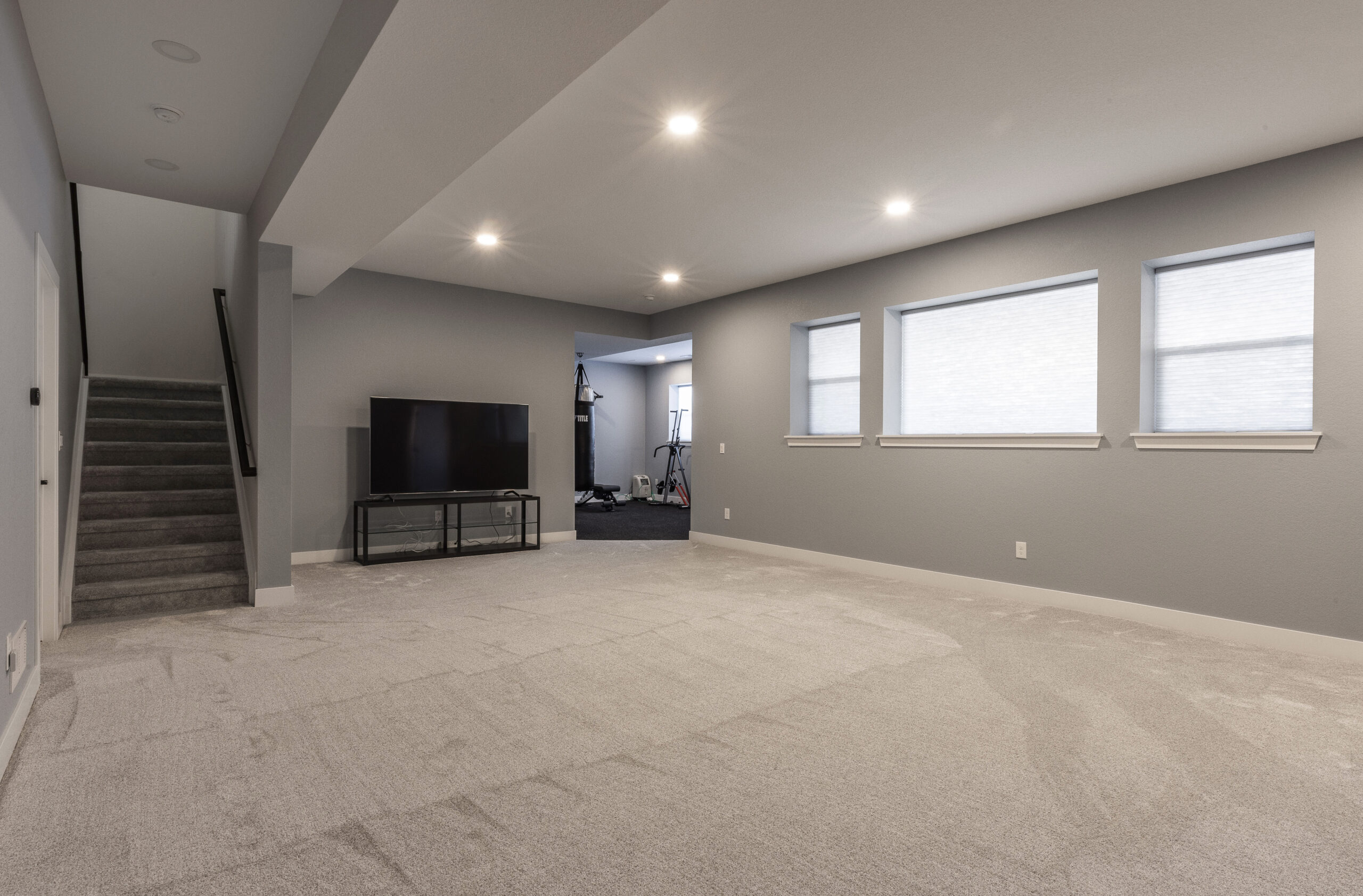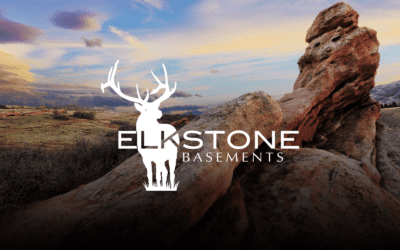It’s exciting to turn your Utah Valley basement into a living space. However, you should lay a strong foundation and insulate the space before unleashing your inner designer. The right choice will impact your basement’s comfort, energy bills, and longevity.
Continue reading to explore the different insulation options.
Understanding Your Options
When it comes to basement renovation, insulation is not a one-size-fits-all solution. This is because each option offers unique benefits. The following are some of the most popular ones you can choose from:
Fibreglass
Fiberglass insulation is familiar and affordable. Since it has fine glass fibers, it effectively traps air pockets and provides thermal resistance. It can retain heat and keep your basement comfortable throughout the year. This insulation is a popular DIY choice because it’s easier to install.
Rigid Foam Board
This insulation has panels made from polystyrene or polyurethane. You can easily cut and fit these lightweight panels on foundation walls and small basements. This helps it seamlessly block heat and prevent moisture. Foam boards are slightly costlier than fiberglass but have high insulation and durability.
Spray Foam Insulation
You can apply this high-performance option as a liquid. This method creates a tight seal that reduces air leaks. Spray foam works best on uneven surfaces because it expands to fill gaps. In addition to energy efficiency, this option helps prevent mold.
Blown-In Cellulose
This eco-friendly option uses cellulose fibers from recycled wood or paper. It’s a versatile option that easily matches ductwork and pipes, making it suitable for enclosed areas. This ability makes it a great choice for attic spaces and low-slope roofs. While it’s less flammable than fiberglass, it’s also susceptible to moisture.
Reflection Insulation
Reflective facing made from aluminum or aluminized polyester foil is an excellent option for warming basements in the winter. Reflecting radiant heat helps lower utility bills while reducing your carbon footprint. This makes it effective in areas with extreme temperatures and near heat sources. Although its effectiveness depends on clear airspace, reflective foil is popular among eco-conscious homeowners.
Choosing the Right Option
The ideal insulation for your basement depends on several factors, including:
- Budget: You should consider both upfront costs and long-term savings. While fiberglass may have low costs initially, spray foam can save more money in the long run.
- Moisture Resistance: Basements are prone to humidity. Opt for materials with moisture resistance, like foam board or spray foam. This can lower mold and mildew risks.
- Installation: Choose an insulation material that aligns with your installation capabilities. This may depend on your skill level and preference. For example, blown-in insulation may require professional assistance.
- Energy Efficiency: Spray foam is a great option for those looking to be energy efficient. It provides long-term savings, and the government may provide rebates for materials based on their efficiency.
You can streamline the insulation process by consulting with ElkStone Basements. We can assess your needs and recommend the best insulation option. Our team can add custom insulation to your overall renovation plan. We offer excellent basement remodeling services in Utah Valley, Fort Collins, Denver, and Colorado Springs. Contact us today to discuss your needs!




Recent Comments